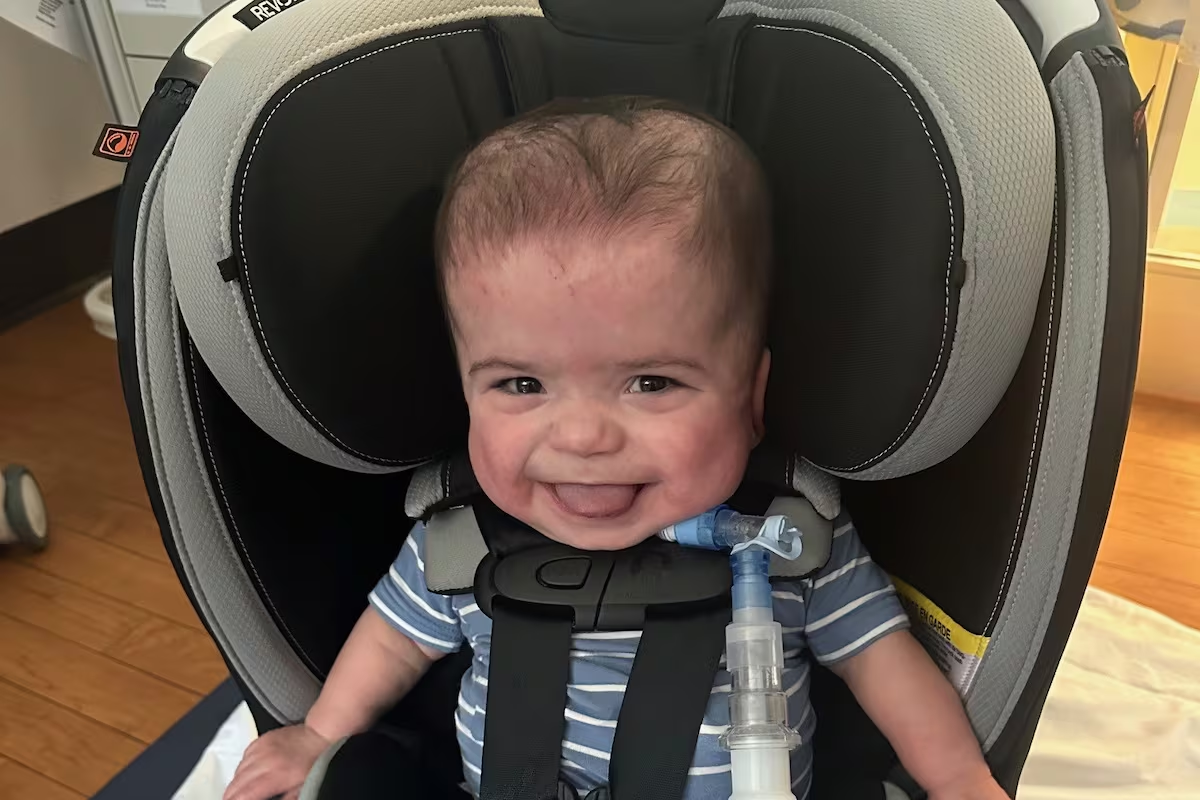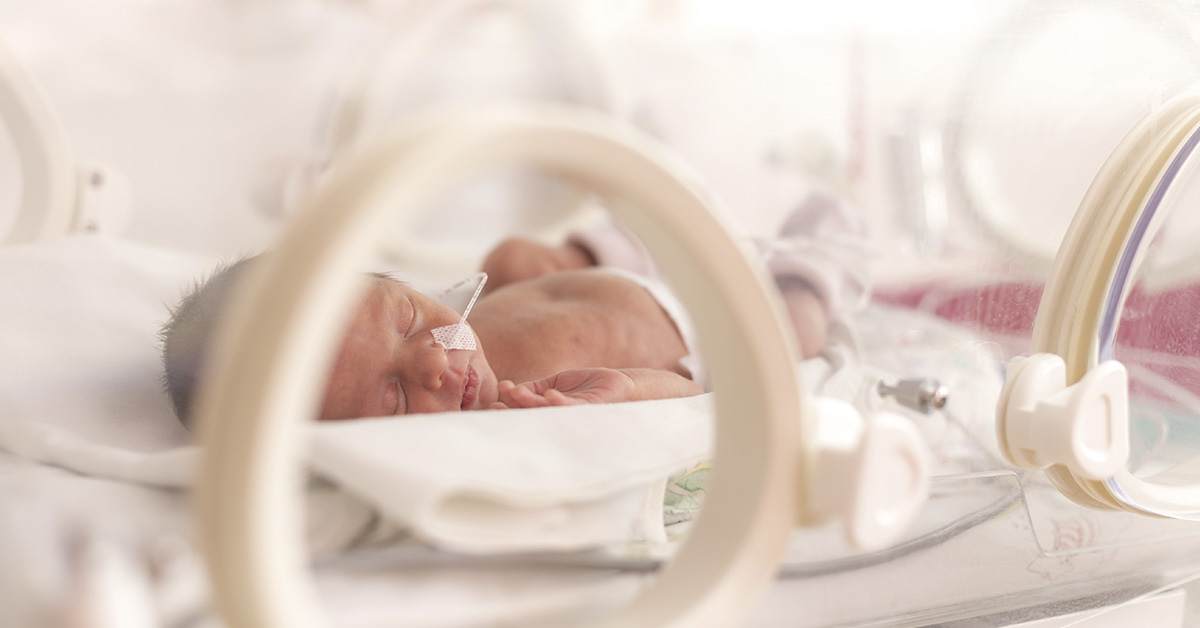A Birmingham baby who weighed just one pound at birth is finally going home after spending more than 400 days in the hospital. His journey began when he was born 14 weeks early. Barrett Brasfield, now over a year old, went home from Children’s of Alabama earlier this week. He had lived in the hospital since birth following his mother’s emergency surgery in June 2024. After 403 days of intensive medical care at two hospitals, his parents, Carli and Roman Brasfield, weren’t sure this day would ever come.
“It’ll be amazing to take him home and cross the threshold of our home with him for the first time,” Roman Brasfield said. The couple has had a nursery ready for months, waiting for this day.
Fighting for Life From Birth
Carli Brasfield was only 26 weeks pregnant when doctors had to deliver Barrett through emergency surgery. At just one pound, Barrett faced serious problems that come with being born so early. “You’re in the fight of your life. It started from the day he was born. We asked what can we do to help him get home,” Carli Brasfield said about the family’s focus from the beginning.
Barrett’s early life included serious lung problems and repeated infections that required intensive medical help. He spent his first eight months in the newborn intensive care unit at UAB. Doctors then moved him to Children’s of Alabama, where he stayed for another four months.

The medical problems were serious enough that Barrett needed surgery in April to help him breathe. Doctors created an opening in his neck and inserted a tube. This surgery showed he was strong enough for more advanced treatments.
Different Kinds of Firsts
For the Brasfield family, normal parenting moments took on different meanings. While most parents celebrate first smiles or first words, Barrett’s parents found joy in moments most families take for granted.
Instead of celebrating first bottles or crawling, the family celebrated the first time they changed his diaper and heard him cry. One emotional moment came when Barrett used a special device called a Passy Muir Valve. This equipment allows air to pass over the vocal cords of patients with breathing tubes, letting them make sounds.
“Most parents don’t want to hear their baby cry, but this device allows us to hear him and the air to pass over his vocal cords. So hearing him cry for the first time was a huge day for us,” Roman Brasfield said.
Read More: Mother Sees ‘Hand of God’ in Ultrasound After Praying for Baby’s Health
Longer Wait Than Expected
The family’s journey home took longer than anyone first thought. The Brasfields hoped Barrett might be ready to come home by fall 2024. When that proved too early, they hoped for Christmas. However, Barrett got sick several times, which meant the family had to wait for the right time to take him home.
This extended timeline is normal for babies born as early as Barrett. Extremely premature babies often face medical problems that extend hospital stays far beyond what families expect.
Thriving Despite Hospital Life
Despite spending his entire life in a hospital, Barrett has become what his mother describes as a happy, active child. “Barrett is so full of life. The way he laughs, plays, and rolls around, plus how he sits up and eats, shows so much joy. You would never believe this child has been in the hospital for 400-plus days because he is just so full of life,” Carli Brasfield said.
Barrett went home with medical equipment, including his breathing tube, a ventilator, and a feeding tube. However, doctors expect good things for his future. Doctors expect Barrett will gradually need less help from these devices over the next several years. He will have planned surgeries to help with this process. This would represent the final chapter in his recovery story.
Understanding Premature Birth

Barrett’s story shows the challenges faced by families with extremely premature babies. Babies born at 26 weeks face serious medical hurdles that often require extended hospital stays.
The journey is rarely simple. Extended hospital stays, medical needs, and uncertain outcomes are common experiences for families of extremely premature babies. The emotional toll on parents, who must balance hope and fear while watching their children fight for basic functions like breathing and eating, can be overwhelming.
A New Chapter Begins
For the Brasfield family, Barrett’s homecoming represents more than just a medical milestone. It’s the beginning of what they hope will be a more normal family life. After more than a year of hospital visits, medical appointments, and uncertainty, they can now focus on simply being parents. The couple can now simply be parents.

Barrett’s story shows both medical advances in newborn care and the strength of premature babies. His journey from a one-pound newborn fighting for survival to a thriving toddler ready for home represents hope for other families facing similar challenges in intensive care units across the country. The Brasfield family has now walked through their front door together for the first time, and their 403-day hospital journey is finally over.

